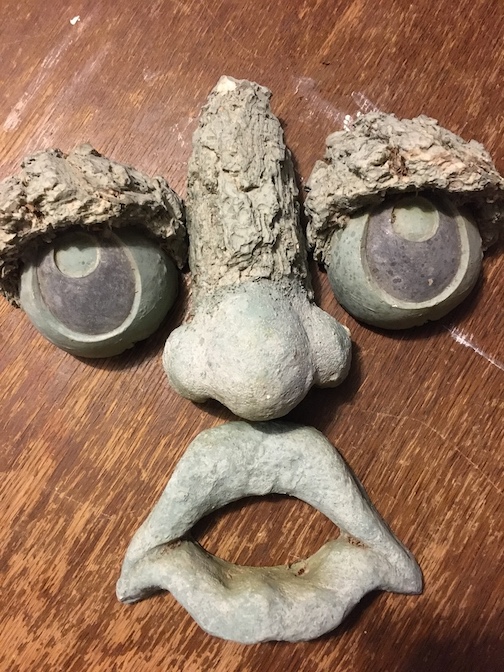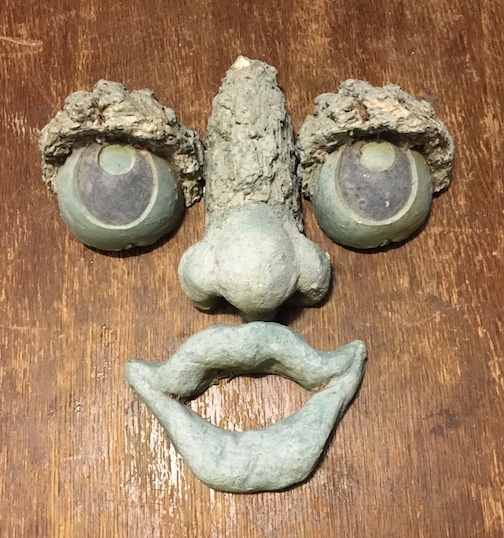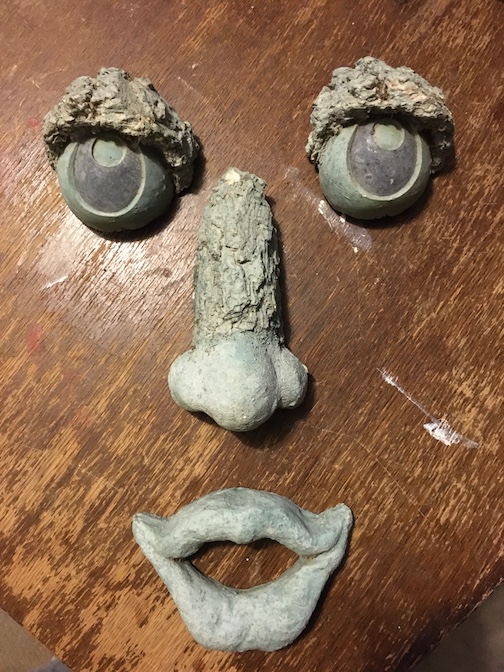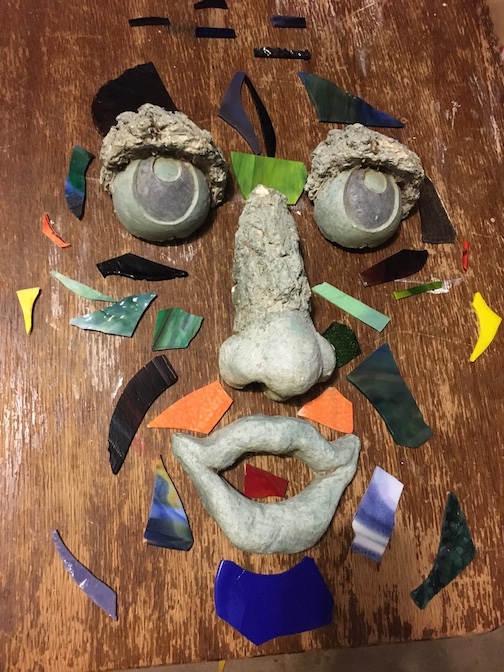A communication face is the non-verbal part of communicating with someone.
We all have one.
Not all are a resting bitch face, but sometimes they look that way. Accidentally.
How can you appear attentive and interested when all you really want to do is take a nap?
How long can you sustain your bright-eyed and bushy-tailed enthusiam?
For a normal person, new information is always welcome, so put on your best welcoming face.
Show you’re open to learn with joy and focus.
“I find this so fascinating.”
The More You Listen
You hear what they’re going to tell you.
You hear what they say.
Then they recap.
This is the program? Wait a minute.
Didn’t you sign up for ‘Insider Information?’
And you get the “Tell them what you’re going to tell them, tell them, then tell them what you told them,” load of crap?
When did WR121 enter the conversation?
Do you want your money back? Not for a free event.
And don’t ask for your time back, you know how that works.
Right about now is a good time to remember how to make the best out of a bad deal.
Others may feel the same way you do, but check their communication face before you move a muscle.
If they look like twisted up jackasses who lack self-control, what are you?
Take A Better Approach?
When things get rolling the wrong way, remember how it started.
You ask a question, you get an answer. The wrong answer.
It’s an answer so wrong you suspect the other person has been harboring feelings, the levee of good manners broke, and it’s all flooding out.
People the age of baby boomers have been on both sides of that talk.
We have experience, which means we ought to be able to navigate to a better outcome than, “F-you, A-hole.
Every time someone shows up with their pinched face of outrage, disgust, and horror, you know you’re in for it.
The driver in front of you doesn’t gun their car on a green light, and you see your face in the rearview mirror.
It’s the face of road rage over what?
Some grandpa doesn’t have a heavy foot?
Living In Your Own World
I’ve had the unfortunate experience of getting told off a few times.
It happens when you expand your horizons past the city limits, the county line, the state border.
It happens when you don’t live up to expectations.
If you’re as polite as I try to be, you don’t lash out at someone lashing out.
No one needs two lashers going at the same time.
Either wait your turn, or don’t join someone’s hostility even if you’re the target.
My tact is reminding myself why I’m having a conversation, and return to it in order to stem the tide of invective.
In other words, I try and shut the fuck up while my communication face is open to new opinions.
Some may call it taunting face.
More of a non-participation face, which may or may not incite the other person.
It’s not the same as, “Why don’t you tell me how you really feel,” face.
Someone once demanded that I return something that didn’t belong to them.
I explained the situation as I saw it, and declined their demand.
Since it was a demand to begin with, I sensed hostility at the get-go, which blossomed in full flower.
Apparently I’m a bad man, a bad citizen who didn’t pay back student loans, pay taxes, and ignores common decency.
Did I tell them I have repaid student loans years ago, always pay taxes, and work hard to practice common sense?
My ornery pal hasn’t kept up and relied on his own version of reality, which is false.
Instead of making it my problem I let them stew in theirs.
Another incident had an unexpected outcome.
After learning that I was a selfish, inconsiderate, waste of time in their opinion, I took it to heart.
A night in the local ICU was my reward.
Start With A Good Communication Face
Show that you want to understand, not just endure, someone.
Bring some color to the conversation.
Be an ‘active listener.’
Nonverbal cues include tone of voice, facial or body expressions, and speed of speech. All of these taken together can convey a much deeper meaning than merely the content of what was said.









